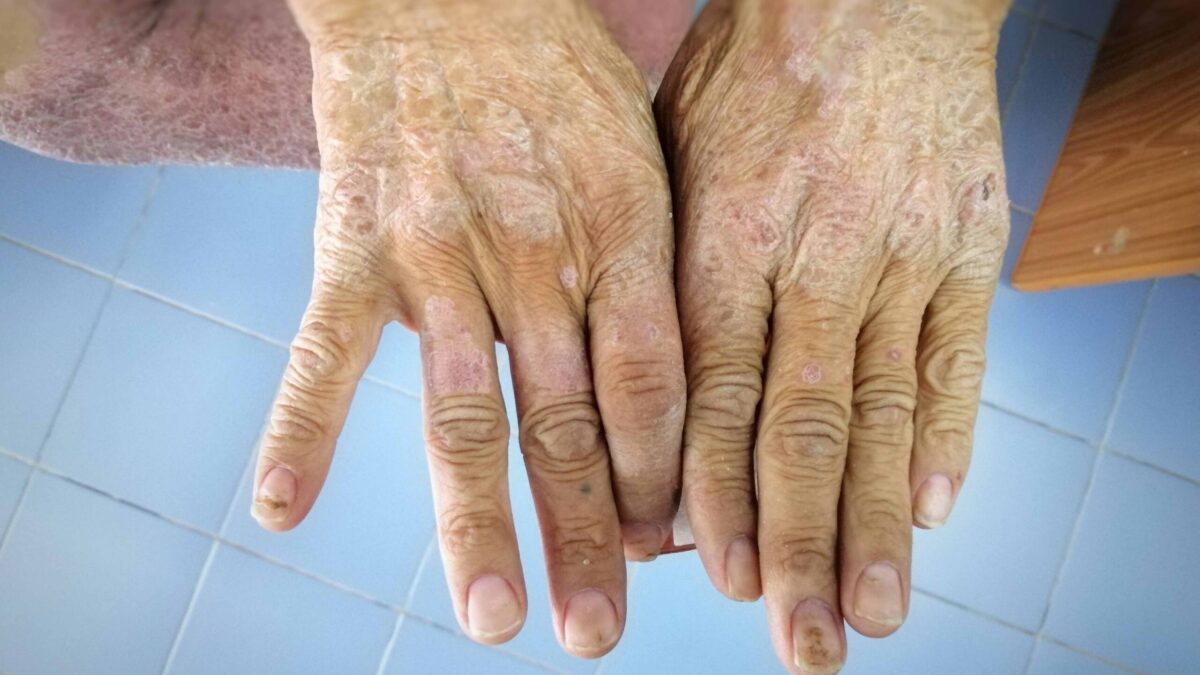
Call to improve support for rare autoimmune and rheumatic diseases

People living with rare autoimmune and rheumatic diseases are suffering from ‘alarming’ disparities in the quality of care and treatment they receive, a report has argued, disparities that have only been exacerbated by the pandemic.
The report, ‘Resetting the balance’ by the Rare Autoimmune Rheumatic Disease Alliance (RAIRDA), has warned that late diagnoses and inadequate care of these diseases can significantly reduce a person’s life expectancy and have a major impact on their quality of life.
Rare autoimmune rheumatic diseases (RAIRDs) encompass a range of conditions in which the body’s immune system damages its own tissues.
Examples of these conditions include vasculitis and connective tissue diseases such as lupus, scleroderma, and Sjögren’s syndrome. There are estimated to be more than 170,000 people living with such rare autoimmune rheumatic diseases in the UK.
The report concluded that more than four out of 10 (44%) of respondents reported they had waited more than three years from their first symptoms to receiving their correct diagnosis.
More than six out of 10 (61%) were not confident there was a co-ordinated plan in place for their care and 40% did not feel they had enough information and support from their hospital about living with their condition.
Fewer than half (46%) of respondents reported having access to a telephone advice line when they had a question about their condition. Even fewer again (37%) said their care was supported by a specialist nurse.
Sue Farrington, co-chair of RAIRDA, said: “People living with rare conditions have too often been forgotten when it comes to policy or investment in health services. We hope that the next few years will see policy developments that reflect the needs of people living with these serious illnesses, and real breakthroughs in important areas such as improving diagnosis and creating and accessing new treatments.
“We also hope that the experience of living with a RAIRD is dramatically improved as care and treatment reaches parity with other more common conditions,” she added.
The report also highlighted the clinical vulnerability of this group, with people with RAIRDs at 54% increased risk of Covid-19 infection and more than twice the risk of Covid-19-related death compared to the general population.
Research by alliance has shown the pandemic has exacerbated these issues. A survey undertaken by RAIRDA in April and May 2020 found, since the onset of the pandemic, 80% of people with these conditions had experienced a change in their care.
More recently published research on rheumatology patients, including those with RAIRDs, had shown a reduction in the percentage of patients agreeing they were medically supported from 74% pre-pandemic to 40% during the pandemic, the alliance added.
To that end, the report has called for priority and urgency to be given to the care and treatment of people living with these rare conditions.
The alliance has called for quicker and more effective processes for diagnosis for people with RAIRDs, better access to treatments – including new and innovative drugs – and priority access to vaccines and treatments for Covid-19 and other viruses.
“We hope this progress happens across the UK, with the treatment a person gets no longer being determined by which nation or region they live in,” said Farrington.
Stay connected with us on social media platform for instant update click here to join our Twitter, & Facebook
We are now on Telegram. Click here to join our channel (@TechiUpdate) and stay updated with the latest Technology headlines.
For all the latest Health News Click Here
For the latest news and updates, follow us on Google News.

